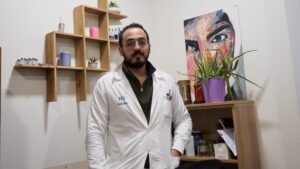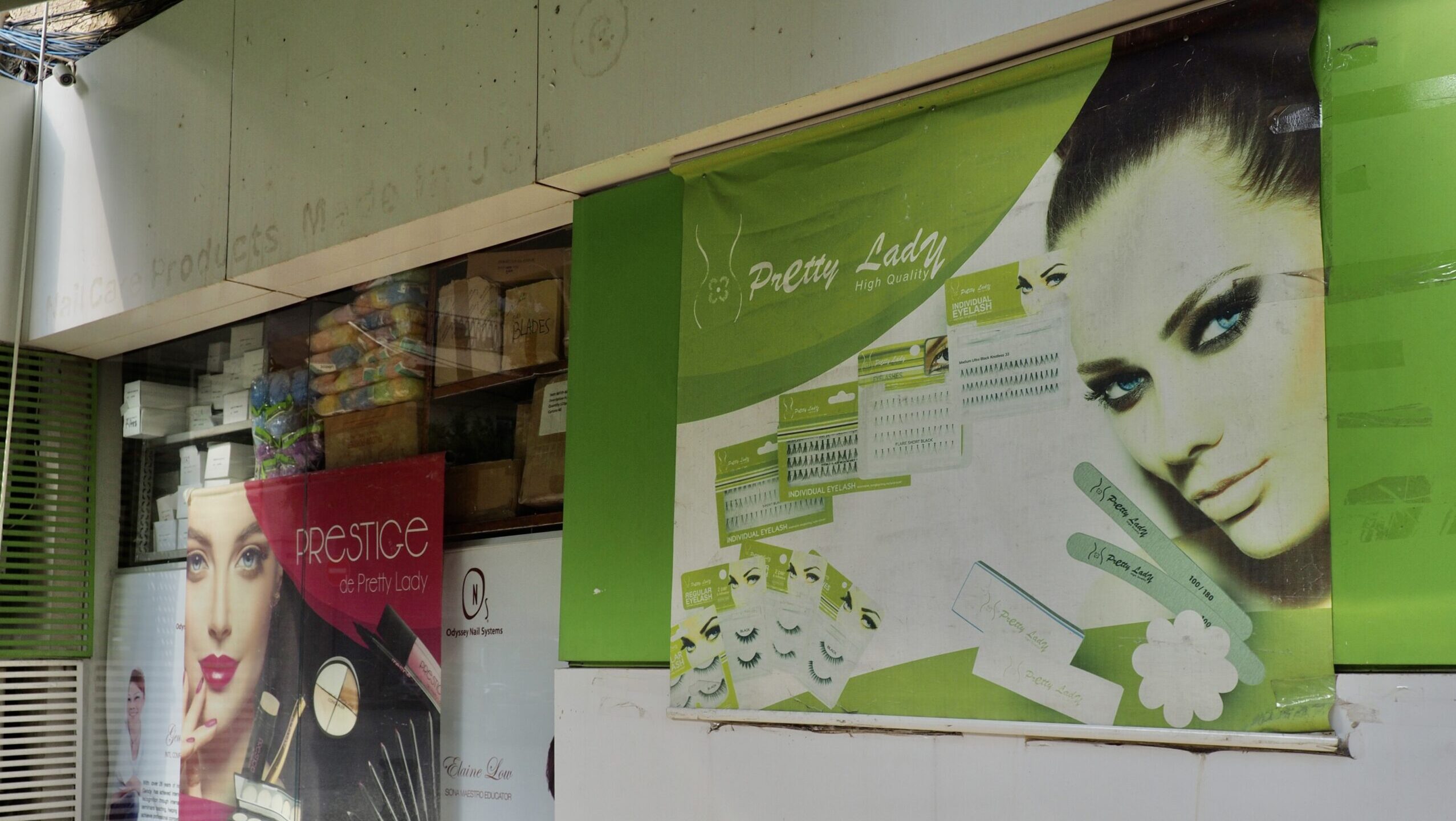Despite Economic Crisis, Lebanese Still Going Under the Knife for Cosmetic Surgery
Around 1.5 million cosmetic surgeries are performed every year in Lebanon, which has a population of six million and is known as the Botox capital of the Middle East
(Beirut) The Lebanese are well known for their beauty. Their olive skin, their lighter eyes, their wide smiles and their thick manes of hair are considered to be among the most beautiful in the world. The Lebanese people also are renowned for their elegance and class, fueled by their dedication to their appearance. But this beauty gets help from a not-so-hidden secret: Many people in Lebanon undergo plastic surgery. In a country with a population of six million people, around 1.5 million cosmetic surgeries are performed annually, according to estimates.
Despite the lack of official data, it is believed that one out of every three women in Lebanon has gone under the knife. But this is the same country which is deep into one of the world’s worst economic crises since the 1850s, according to the World Bank. The United Nations has calculated that almost three quarters of the small population currently live under the poverty line. Despite this, plastic surgeons in Lebanon are living a financially secure life and the cosmetic surgery industry remains active. Now, with the Muslim holy month of Ramadan approaching, it’s the best season to get new clients.

Dr. Charbel el Feghaly, reconstructive and plastic surgeon at the Hôtel-Dieu de France hospital in Beirut. (Andrea López-Tomàs/The Media Line)
“Many people with Lebanese origins but living outside of the country come back to Lebanon, spend their holidays here with their families and use the occasion to undergo plastic surgery,” said Charbel el Feghaly, reconstructive and plastic surgeon at the Hôtel-Dieu de France hospital in Beirut. “There are a lot of patients from all over the world who know that Lebanon has a high medical level or know people who have done it before and decide to come here,” he told The Media Line.
Today there are a wide variety of options for travel to Lebanon, which allows a person to leave with a new look. Many agencies organize affordable trips that help clients surgically change their appearance. For example, for just $2,800, anyone can get a flight to Beirut, six nights in a hotel with breakfast included, transportation and a new nose. Pay an extra $600 dollars, and one can also get a face rejuvenation with Botox and fillers.
“On holidays, we are fully booked because we are in our high season and that is when the workload increases,” Feghaly said.
This industry survives thanks to the Lebanese diaspora, which includes approximately 15 million people around the globe. Part of its survival is also due to a minority in Lebanon that can still afford these operations.
“Prices have decreased a lot; most procedures, such as injectables or other common ones, cost a tenth of what they already cost in the United States or Canada, and a third of what they cost in Europe,” Feghaly told The Media Line.
“Hospital admissions are cheaper also, and doctors are demanding less fees, so if someone comes from the US and spends a whole holiday here, taking into consideration the recovery time, it will cost them less than doing only the procedure back there in the US,” he added.
There are many reasons why getting plastic surgery is so common in Lebanon.
“When you age, everybody your age is looking so much younger so you feel this indirect pressure on you,” said Myriam Sfeir, director of the Arab Institute for Women at the Lebanese American University. “Nowadays, everything related to anti-aging and aging is the system propagating itself, so it perpetuates this obsession with beauty, with the way you look, with clothes, with no aging,” she told The Media Line.
Sfeir is the mother of two teenage daughters, so she is witnessing how the experience is for them too.
“The worst is social media, where there is a specific image and size of what you have to look like,” the feminist activist said. She has spent most of her personal and professional life fighting against inequality and, for instance, against higher beauty standards for women, but she lamented that “things are getting worse nowadays.”
“The youth don’t remove their phones from their hands and the only role models young girls have to emulate are those influencers,” she pointed out. On many different platforms, the system keeps telling women what to do and how to look.
“Socially we are a society that likes to take care of their appearance, and we give it a lot of interest and time,” said Feghaly.
Both the plastic surgeon and the feminist activist agree that Lebanese society often makes judgments based on people’s appearances. “You are at the mercy of people; they don’t look at what you are saying, they look at how you look,” said Sfeir.
Perhaps this is one of the reasons why the cosmetic industry hasn’t been heavily impacted by the economic crisis.
“We cannot deny that the workload of plastic surgery has decreased a little but there are still a lot of patients coming from abroad and the locals who have the means to go under the knife are coming to us,” according to Feghaly.
Still, the sector is suffering from the high exodus of qualified staff. Around 25% of doctors in Lebanon have already left the country.
“Most don’t think about coming back, which will create a huge gap in the market in a few years, but will also be bad for the country because we are losing talent,” said Feghaly, who is planning to move to the US after finishing his residency in France.


